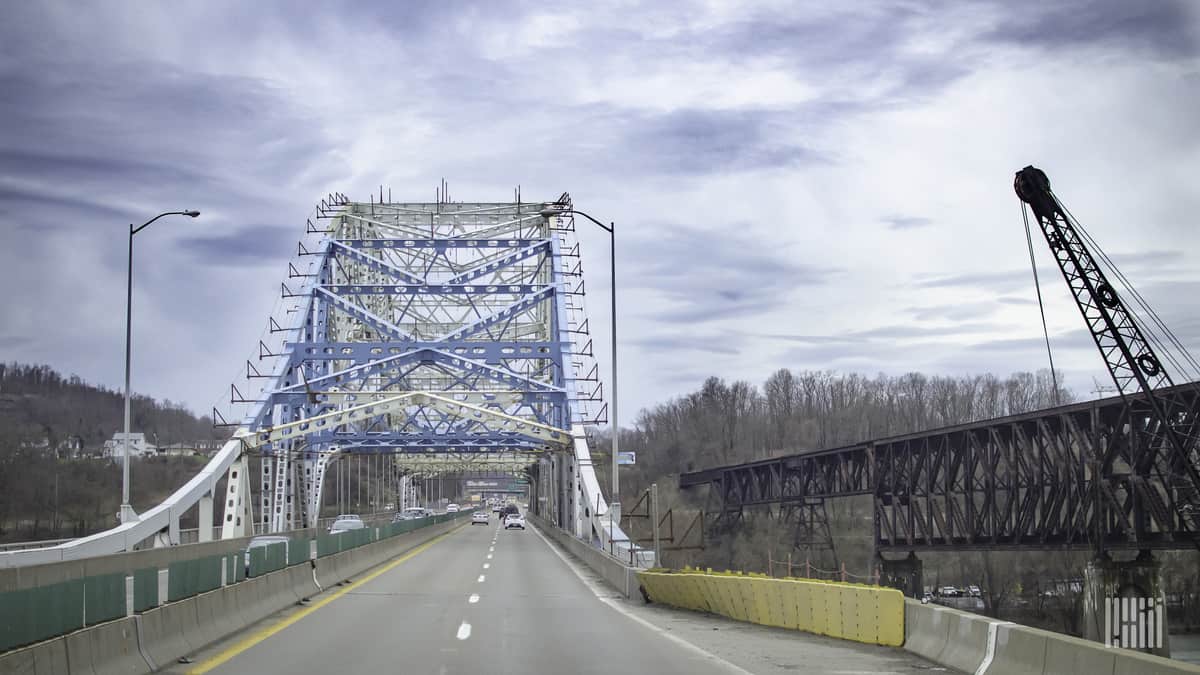The prospects for using COVID-19 relief funds to make major infrastructure investments may be dimming as the U.S. Senate pushes back against President Donald Trump’s desire to include such funds in a fourth stimulus package.
Responding to reports that Senate Majority Leader Mitch McConnell, R-Ky., told Republican colleagues that the White House and Democrats “need to get the message” that infrastructure is off the table, U.S. Rep. Peter DeFazio, D-Ore., who chairs the House Transportation and Infrastructure Committee, said the economy could be facing the worst downturn since the Great Depression.
“And just like the New Deal of the 1930s, the best way to re-start our economy and put workers first is with a massive investment in the kind of infrastructure that will help future generations succeed — from better bridges and roads, to robust transit and passenger rail service, to fully-functioning ports and harbors, to modernized waste and drinking water systems, and widely available broadband internet,” DeFazio said in a statement on Wednesday.
“Rebuilding communities across the country with resilient, innovative infrastructure is how we put millions of people to work in jobs that cannot be exported.”
Trump has been advocating since mid-April for using COVID-19 recovery money to fund infrastructure, with the potential to be “stronger than ever before.” But after being informed of McConnell’s recent comments, he seemed less forceful about that plan.
“We have to rebuild our country,” Trump said during a Tuesday press conference. “You wanted to fix a pothole in a roadway or in a highway in this country, and you didn’t do it because they didn’t have the money because so much money was spent in the Middle East. We want to do infrastructure, but a lot of the Republicans would like to keep that as a separate bill. So we’ll see how that works out.”
There have also been calls from the private sector to use the pandemic as an incentive for more long-term infrastructure funding by approving a multiyear reauthorization of the Fast Act, which is set to expire at the end of September.
The Transportation Construction Coalition, a group of 31 associations and labor unions, wrote congressional leaders in March urging them to move on a $287 billion, five-year reauthorization passed by the Republican-led Senate Environment & Public Works Committee last July.
House Democrats announced their own long-term proposal in January, a five-year, $760 billion “framework” that includes billions of dollars for green initiatives such as electric vehicles and alternative fuels.
If the effects of the pandemic are not enough to influence a long-term surface transportation reauthorization by the fall, lawmakers would likely settle for a short-term extension that would help keep the Highway Trust Fund from going bankrupt in 2022.










